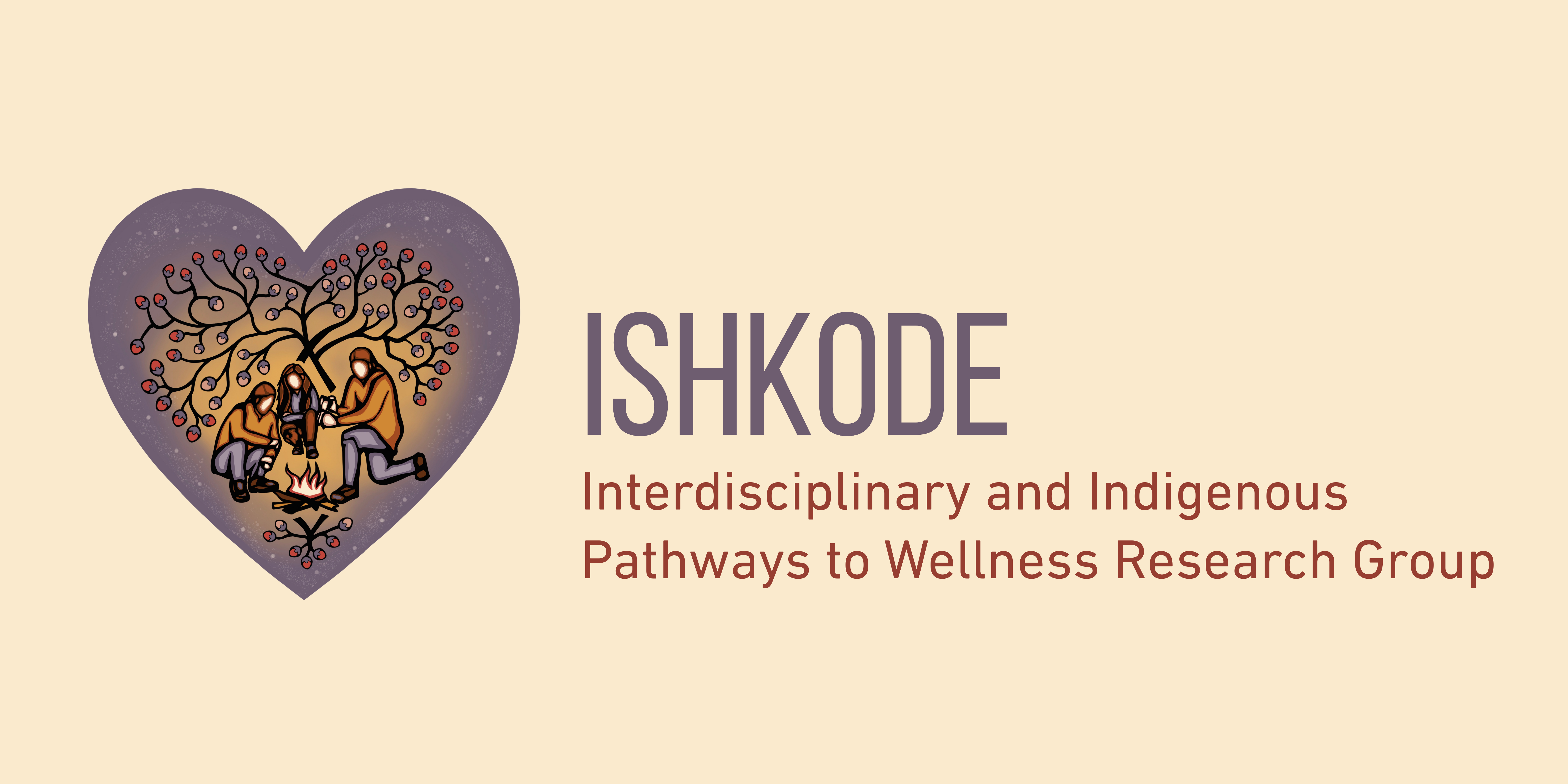We use cookies on this site to enhance your experience.
By selecting “Accept” and continuing to use this website, you consent to the use of cookies.

These projects were completed in or prior to December, 2024.
This rapid review summarizes and synthesized literature on supportive and independent housing programs and approaches with adults with FASD.
Funder: None. Completed as an undergraduate thesis project by Francesca Lee.This evaluation study is examined the experiences, successes, challenges, lessons learned, benefits, and recommendations - for and by adolescents with FASD peer support group in the Waterloo Region. This study was requested by Lutherwood.
Funder: None. Completed by a directed studies undergraduate student, Muskan Bajaj.This study reviewed and assessed the current models of live-in and intensive day treatment/programs for pregnant youth and young parents and their infants that offer comprehensive mental health services – across Ontario. This study will help identify promising practices, explore factors that may influence engagement or disengagement of pregnant youth and young parents. This study was requested by the Ontario Association of Young Parents Agencies through the Laurier Hub for Community Solutions.
Funder: Abonia Centre, Ontario Association of Young Parents Agencies, and Mitacs
IIPW is worked on health and wellness programs/services asset mapping with Chippewas of Nawash Unceded First Nation. The purpose was to increase knowledge about the programs and services available to community members and bring attention to any gaps or duplications in services. We developed an asset map of existing health and wellness programs and services, created materials that are accessible for all community members, and a brief simulation training module for service providers and Band Councillors.
Based on a request from organizational partners on the Waterloo Region Fetal Alcohol Spectrum Disorder Action Group, we conducted a scoping review of literature (published and grey) on effective and promising practices/supports for the transition from youth to adulthood for individuals living with Fetal Alcohol Spectrum Disorder. This review will be valuable to caregivers, community organizations, people living with Fetal Alcohol Spectrum Disorder, and other stakeholders who are involved in planning for successful and sustainable living, working, and social networking arrangements of people living with Fetal Alcohol Spectrum Disorder.
IIPW developed an evaluation framework using an iterative process that ensured that a) Innu leaders and service providers’ perspectives, priorities, and knowledge are centered; b) the indicators are both observable/measurable and reflective of Innu culture, practices, and values; c) evaluation framework is realistic and built into the strategy itself; d) key non-Innu policy makers, service providers, decision makers, and program funders are included in the articulation of the framework; and e) experienced evaluators in the fields of FASD and Indigenous health research are helping to facilitate the process and document the evaluation framework. The framework was developed with the guidance of many key rightsholders who centre community strengths, initiatives, visions and priorities for the forthcoming years, and other synergistic initiatives.
Siann Gault, a Community Psychology graduate student in our lab, led a study that explores the experiences of adults living with FASD in housing with supports across Canada, their mental wellbeing, and the use of FASD-informed practices by supported/supportive housing staff. The goal of this project was to lay the foundation for developing best practices for supporting adults with FASD living in housing by privileging their lived experiences and documenting the supportive practices that are effective and valued.
Funder: SSHRC Partnership Engagement Grant
IIPW worked with Dehcho First Nations in examining current health and wellness concepts, strategies, and resources. We worked in close partnership and under the directions of Dehcho First Nations to conduct a scoping review, articulate key concepts and definitions of Dehcho First Nations wellness based on an extensive document review, and asset mapping health and wellness supports and services for Dehcho First Nations members. This work is intended to assist Dehcho First Nations health leaders and providers in ongoing and future wellness initiatives and planning.
Laurier Milton Lecture Series - Dene Health and Wellness Research: Dehcho First Nations in the Driver's Seat
A systematic review of evaluated knowledge translation (KT) initiatives in Indigenous health and wellness research is nearly complete. We will soon share findings on effective KT processes and designs, KT tools for communicating knowledge to relevant rights/stakeholders, KT team compositions, the use of Indigenous (traditional) knowledge, KT evaluation methods and methodologies, outcomes from KT on Indigenous health and wellness, as well as lessons learned. This review offers examples of wise practices for KT in Indigenous health research, identifies areas of concern, raises important ethical issues around the value and use of Indigenous knowledge in KT, and suggests that KT evaluation frameworks are needed.
Protocol paper link: https://link.springer.com/article/10.1186/s13643-017-0430-x
Published paper link: https://doi.org/10.1016/j.socscimed.2022.114898
IIPW supported the evaluation of a 7-month pilot caregiver support group in Waterloo Region.
Contact Us:
E:
Dr. Melody Morton Ninomiya, Associate Professor
T:
519.889.4446
Office Location: BA546
E:
Nicole Burns, Project Coordinator
Office Location: BA303F